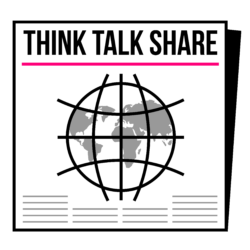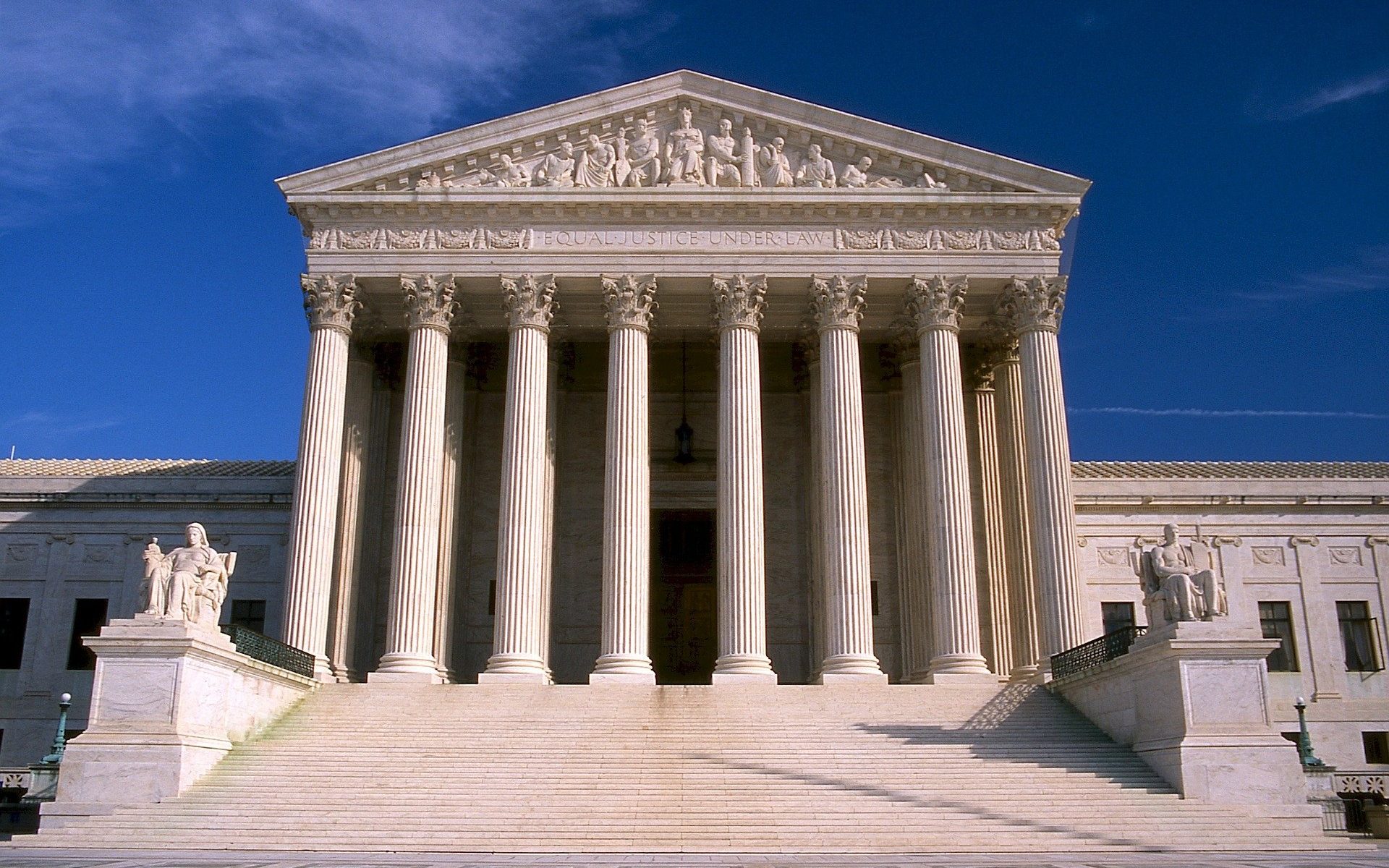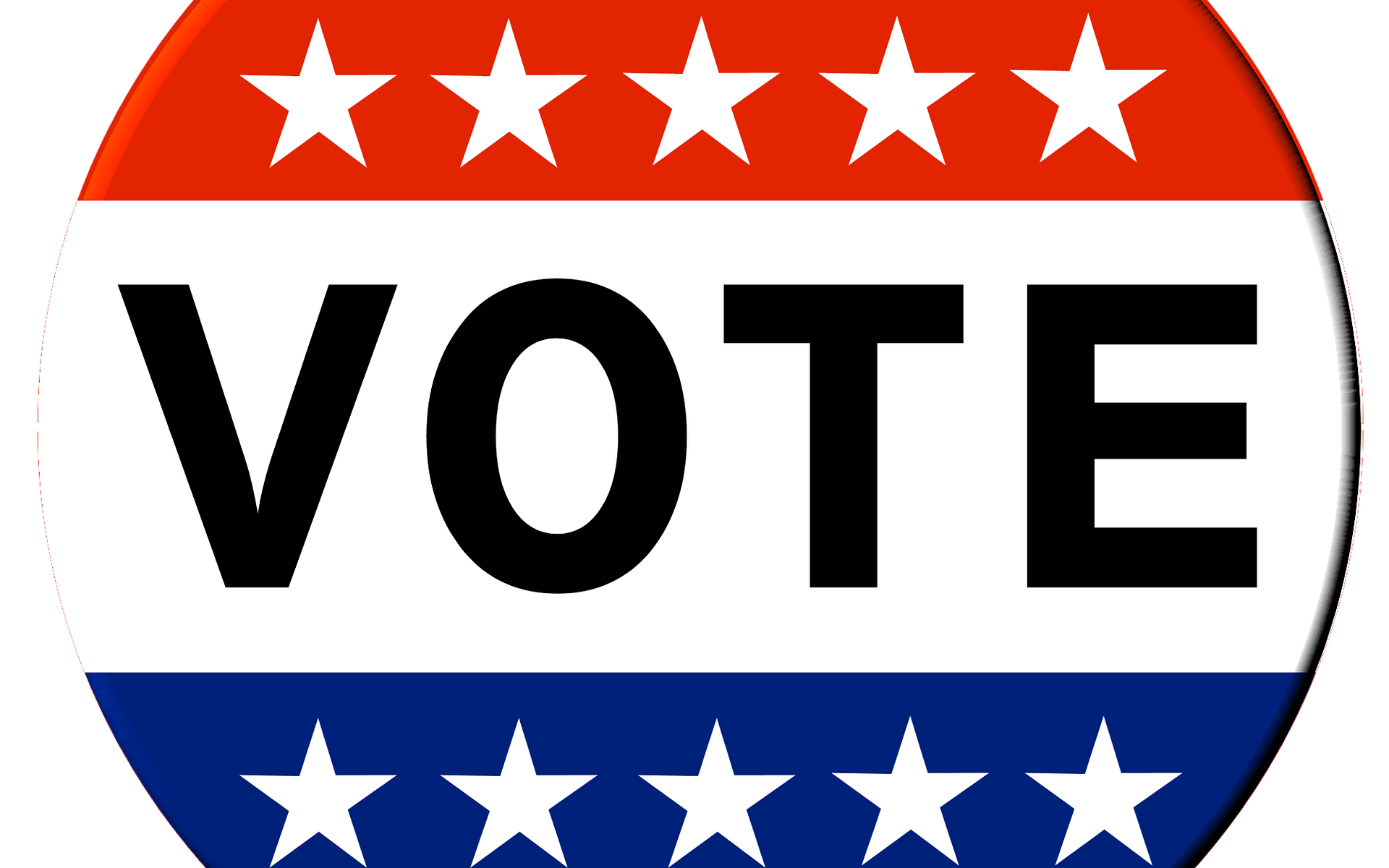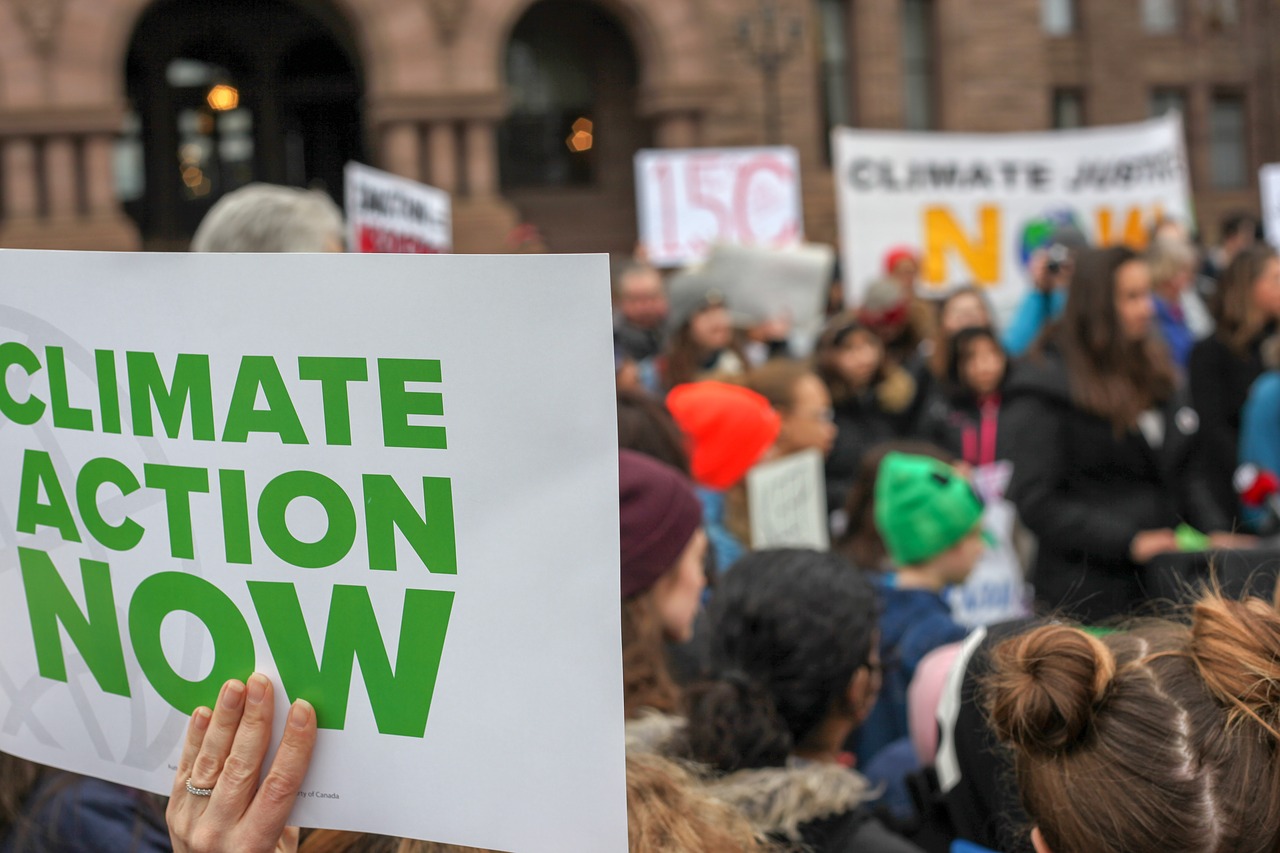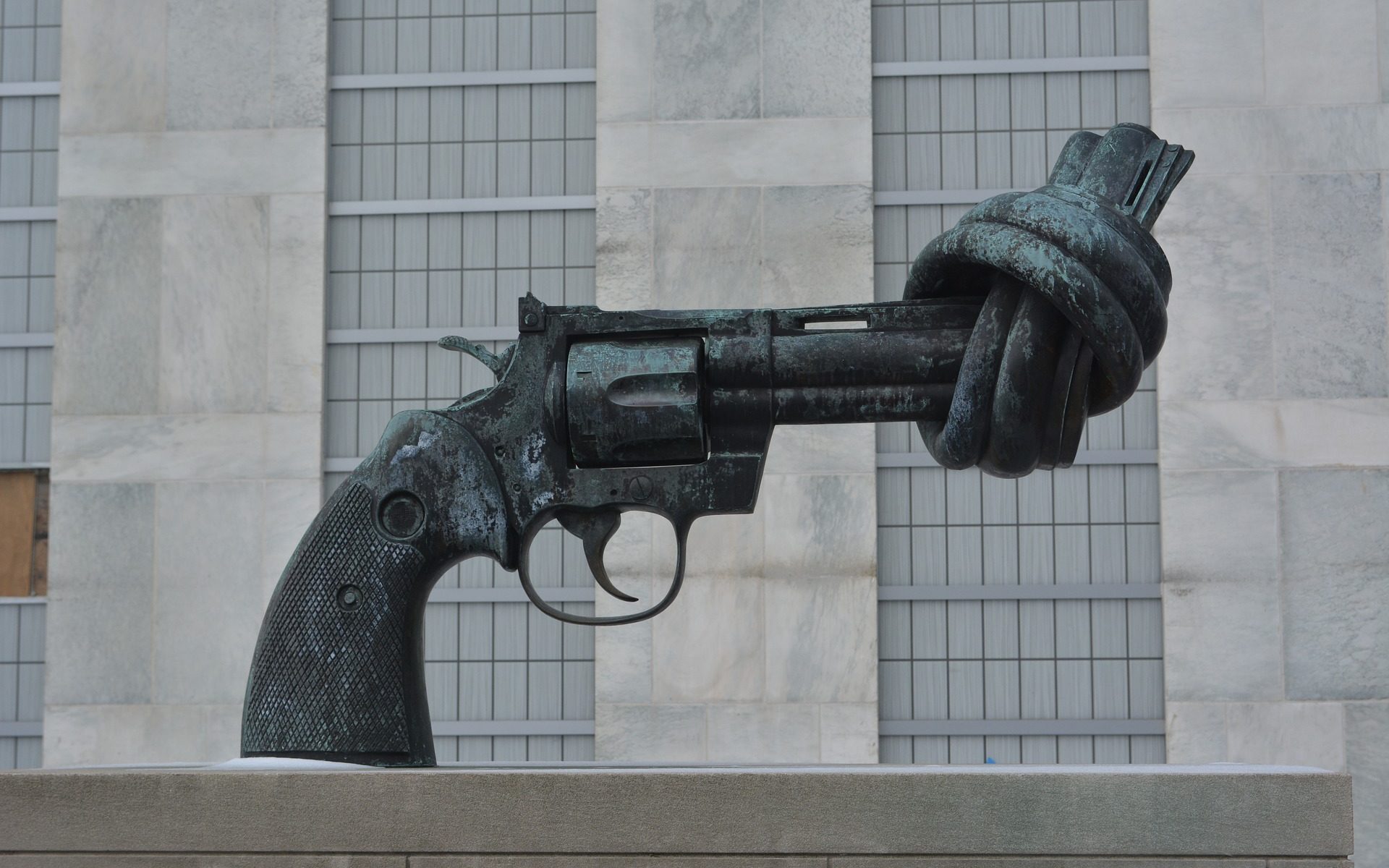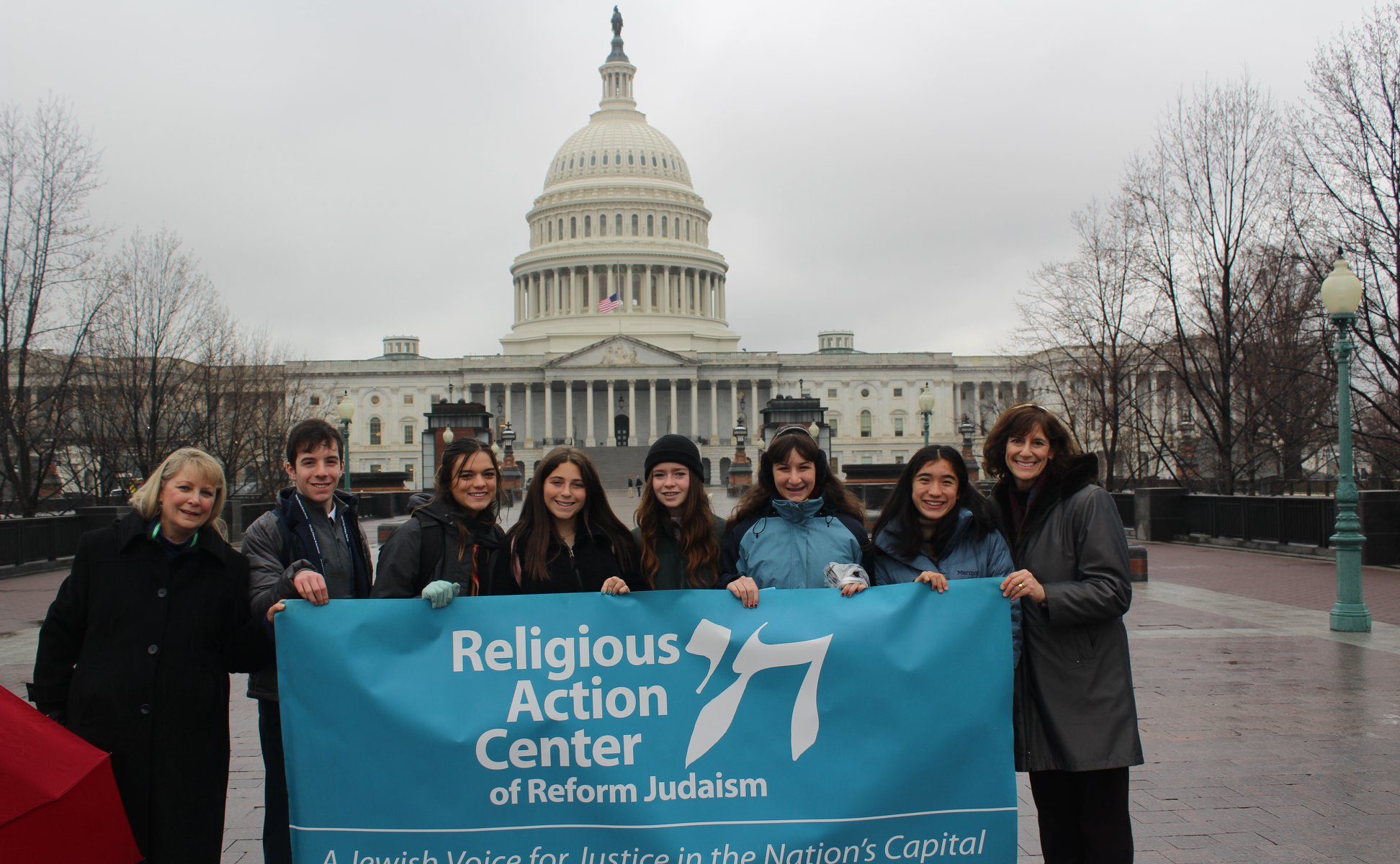Check out my post commemorating RBG and calling voters to action published in the Journal of Interdisciplinary Public Policy!
Vote Like Your School Depends on It
I attended my first drive-in movie theater the other day. Who knew those still existed? As I seek extraneous activities to keep me sane during quarantine, I continue to reflect on both past and present events of this pandemic. In March I thought I’d be back in school by April. Then it was May. Then junior year was over. Now I feel as if senior year were gone too. As the milestones of my high school career continue to slip out from under my feet like a pulled rug, and as I read about lives lost to this virus, I can’t but help feel angry, depressed, dumbfounded. And yet I still have friends who continue to socialize, who don’t wear masks, practices both shocking and defeating.
With this context as my background, I decided to take a summer class in international relations (IR). I had to write a paper on an international issue about which I was passionate, and I chose understanding climate change deniers. I researched and read and wrote pages about understanding cultural factors that eventually lead a person to deny science and facts. Psychological factors, like choosing to read only “evidence” that corroborates our own beliefs and defending our personal backgrounds and beliefs at all costs, lead to the polarization we see in today’s political scheme. Interestingly, the same principles apply to public thinking about this virus. Only in this situation, the climate change deniers are those who refuse to wear masks.
The United States was the country most prepared to handle a pandemic – we had the science, the forethought, the observations of viral outbreaks elsewhere, such as SARS, Ebola, and the Zika virus. But here’s the crucial difference between now and then: we took those viruses seriously. According to the Global Health Security Index, published 45 days before the world’s first suspected COVID-19 case, the US ranked first in preparedness to handle a serious outbreak. Clearly, the situation didn’t unfold as planned, for this index did not account for the extremely polarized political climate that exists currently within the United States. In 2016, the Obama administration urged the incoming Trump administration to examine preparations for a potentially devastating pandemic. Trump’s response in May 2018 was to, according to Time Magazine, “shut down a White House office devoted to pandemic preparedness that President Obama set up after the 2014-2016 Ebola epidemic.”
Since the American Revolution, Americans have had this sense of “American exceptionalism.” This idea encompasses beliefs that America is the best country and that nothing bad will happen here. However, while events like 9/11 and now the coronavirus pandemic challenge this assumption, today’s violently divisive political climate, led by President Trump’s America First Agenda, has stalled a sane response. And we continue to see rallies of irrational protest from Americans who refuse to believe in scientific facts and raise their voices to exercise their right to not wear a mask.
As a teenager living in California, currently a COVID hotspot, I reflect on the lessons from my IR class and how we might do so much better if we learned from other countries, and if we worked together. Rather than feeling hopeless or embarrassed as I watch news stories of irrational mass gatherings for Trump rallies or parties, all attendees sans masks, I look at the social media posts of my international friends, now hanging out with friends and going inside restaurants. I read about Chinese kids who are already back in school in an ingenious modified environment, and I watch people on television in Denmark back at work. What did other countries do so well that my country just can’t seem to grasp? Two pretty simple things: their leaders took the pandemic seriously, and they understand the necessity of testing and contact tracing. As other countries figure out innovative ways to work around this challenge, my country gets ready to lockdown again.
It seems several of my blog posts here end with me preaching about the importance of voting. This post will be no different. I’ve been frequently asked by the adults in my life what classes I will be taking during my senior year. A varsity tennis athlete last year, many ask if I will continue with my athletics. My answer: it depends on who is elected in November. As of now, all fall sports have been moved to spring, and there’s an idea that we might go back in January to in the classroom learning. But I don’t have hope. Not unless our country makes a real change to prioritize the lives of its citizens. The 2020 November election will determine what are supposed to be the most fun, exciting, and interesting years of my life. So, America, put on your masks, socially distance, and VOTE!
Gen Z is Pissed Off
I’m a Gen Z kid. Born in 2003, I grew up in the age of cell phones, smart devices, school shootings, and climate change. Throughout elementary and middle school, I had role models, mostly consisting of my parents, Michelle Obama, and Ruth Bader Ginsburg. While these people still hold prominent positions in my life as mentors I look up to, now as a high schooler, the age of my role models has dropped a few generations. In light of events such as the Parkland Shooting and Global Climate Strikes, my new role models include Emma Gonzalez, David Hogg, and Greta Thunberg. Kids, both older and younger than me, are at the forefront of these campaigns for change in our world. We represent Gen Z, and we’re frankly pissed off about the world we are inheriting.
Before Parkland, I was passionate about gun control. Why? Because I was scared. I was scared of being shot in my classroom or when I was out and about with friends at the mall. But did I do anything? Yes and no. I took steps to organize with other students at my school who cared. But these were small steps. It wasn’t until I saw teens who had been through the very tragedy of which I was terrified, speak out that I had a sense that students can create change. These students called out adults in government who stood by as these tragedies unfolded, again and again. And someone my age was holding them accountable. My club began planning events for my school, and we became involved with the gun debate at our county fairgrounds. Seeing teenagers speak out and “call BS” on national television inspired me and my fellow peers at school to begin not just asking, but demanding change from our local legislators and beyond. I felt inspired to attend a social action trip with my temple to Washington D.C. and empowered to lobby my congressperson about gun control. While on that trip, I had the chance to meet a Parkland survivor my age, advocating for the same legislation.
News is always cycling, and the new big thing for Gen Z is climate change. We call ourselves “VSCO Girls” by using reusable Hydro Flasks and paper straws so we can “save the turtles” and call out anyone who dares to bring a plastic water bottle to school. Climate change has always been an issue of which my friends and I have been aware. But the momentum we have now with Greta Thunberg leading the fight is almost unbelievable. We walk out of class to protest the use of fossil fuels. We gather in the streets to put our president on notice that we are aware of the dire consequences to our own generation of those decisions made by his – and that we are angry. Do they listen? Well, as we enter the 2020 election year, I guess we’ll find out.
With role models under the age of 20 calling out adults and riling up the world’s population under the age of 25, Gen Z is making more and more noise to call out our own governments on their lack of action. We’ve crossed a threshold; we’re no longer just upset that the government won’t take action. In 30 years, I won’t get to just sit back in my reclining chair with the air conditioner blowing, the doors open, and my expensive car with its carbon footprint out front. We’ve lost that luxury. I’ll be spending my money on trying to save Vietnam, parts of Egypt, and Thailand from being completely engulfed by the ocean. My generation no longer gets the luxury to just dismiss science because we don’t want to deal with it. We have to clean up this mess before it’s an irreversible problem. This growing rage against our inheritance has manifest itself into protests, walk outs, and speeches. Although fiery passion has its benefits, one downside is having young people just focusing on blaming older generations for screwing us over. Yes, it is their fault for letting climate change become a reality. Yes, it is their fault for creating a culture of normalized shootings. But that doesn’t mean that we can wallow in anger. It is still our duty to demand action – a form of constructive criticism if you will. These young role models leading the way are the perfect example of what all of us teens must do. Being mad gets you nowhere. It’s imperative to combine anger with action to join that march downtown to raise awareness of climate change, to protest gun violence, and most of all, to preregister to vote. I did.
Power Dynamics in the Minor Sex Industry
This summer I had the opportunity to attend the Boston University Summer Journalism Institute. During our session, we had a press conference where Audrey Morrissey, a survivor of sex trafficking, came to speak to us about her experiences. After listening to her moving story, I wrote this article to inform the public about how power dynamics in our country drive industries such as these.
Sex trafficking survivor Audrey Morrissey spoke to Boston University Summer Journalism Institute students on Tuesday about her experience as a survivor of sex trafficking in in Boston.
Morrissey, now the Associate Director and National Survivor Leadership Director of the non-profit organization My Life My Choice, described the experiences that she says led her to enter the sex industry at age 15, as well as the point in her life at which she was able to exit.
Morrissey said she came from a family dynamic that led her to have no self-esteem. She said the vulnerabilities of girls in similar situations lead some to enter into what she called “the life,” stemming from places of desperation for love.
Morrissey became involved with a group of guys in high school that she said became her gateway into the industry. Morrissey said she was pressured into sex, which ultimately spiraled into a dominating relationship.
“Listen, there’s a lot of girls that like me. You’re coming here and you’re wasting my time. If you don’t want to have sex with me I know a lot of girls who do” Morrissey said, quoting her then boyfriend. “I remember tears rolling down my eyes, I remember my spirit leaving me, meaning that little girl.”
As an adult now, Morrissey has done research into what drives the minor sex industry and says power dynamics play a large role. She claims the industry is driven by politicians and family-aged white men.
In a study by The Schapiro Group, nearly half of men involved in sex trafficking are between the ages of 30 and 39, and 65 percent of men are from the suburbs.
In a study conducted by Demand Abolition, it was found that currently-active high frequency buyers are much more likely than other men to make over $100,000 per year. Another study’s results showed 84.9 percent of men who purchased sex were Caucasian , and 66.3 percent are married.
Soon after giving up her virginity, Morrissey found herself pregnant at 16, and she said the only time the baby’s father would come around was to take the welfare checks she began receiving on the 10th and the 25th of each month. Morrissey became involved in thieving with a friend, which lead to her sitting in a car with pimps driving through what was then known as Boston’s “combat zone,” — an area where sex trafficking took place.
Morrissey sat in the back of this car with her boyfriend, his cousin, and the three girls he had working for him.
“If you love me, you would do the same thing,” Morrissey said, referring to what her boyfriend said to her.
At age 16, Morrissey was tempted by the thought of love into “the life,” and she began spiraling. By age 20 she was addicted to alcohol, cocaine, and later crack and heroin, and working in a strip club.
“Without my permission I was a heroin addict,” Morrissey said.
Between the ages of 20 and 30, Morrissey went to detox five separate times, but after the fifth session, she was finally ready to hear the information they were providing to her, and she began the journey of recovery.
Morrissey explained her disdain for events such as bachelor parties that she says normalize buying sex. She said as long as people the privileged and powerful continue to pay, sex work will continue.
“Why do people buy people? Because they can,” Morrissey said.
Active Shooter Drills at School – What’s Next?
I talk with my mom each day after I come home from school. We discuss the day’s events and eventually transition into what happened in the news. Too often we are discussing abortion ban laws, immigration restrictions, and mass shootings. I recently went to the L’Taken Seminar hosted by the Religious Action Center for Reform Judaism in Washington DC. At this seminar I was able to learn how to lobby effectively, and I had the incredible opportunity of lobbying my congressperson for the Bipartisan Background Checks Act (which passed a couple weeks later). As I stayed up late the night before trying to write my speech, I brainstormed why gun violence prevention was important to me. Of course the idea that I don’t want to get shot came to mind, but as I sat with my project partner for hours, I realized what drives me, a 15 year old, to push so strongly for these bills.
No matter what I discuss at home or with my friends or what I believe, our elected officials are the ones making the laws, not me. Our elected officials are from previous generations, and the laws they make reflect the mindset of previous generations. I am a 15-year-old girl living in California. I attend Ventura High School. I go to the mall on the weekends. I attend public conferences and concerts. And every day, I have to worry about whether or not I will be the victim of another mass shooting. Our elected officials make laws that seem to focus on preserving their support and funding from groups like the NRA. They don’t have to face the consequences of the laws they pass. But I do. My friends do. And I will no longer stand by as I watch another school get shot up on the news, or as I watch my president tweet his “thoughts and prayers” each time it happens. History repeats itself. We’ve seen it with our world wars. We’ve seen it with Roe v.Wade. But when will our country see it for the epidemic that is gun violence?
After the L’Taken Seminar, I applied for and was accepted to a Gun Violence Prevention (GVP) fellowship run through the Religious Action Center in Washington, DC. In this role, I get to work with other students who share the same passion for social justice as I do, and we work together to implement GVP projects in our communities. When brainstorming project ideas, I didn’t want to sign on for something small just for the sake of checking a box on a rubric to say I completed something. If I was going to put in the effort, I wanted it to be meaningful. I decided to focus on prevention at the high school level. I began to research previous curricula engaging high school students and went to my school principal with a proposal. I aim through the health, history, and government programs at my high school to give teachers the tools to teach and advocate awareness for the epidemic of gun violence. Freshman and sophomores will learn how to understand the signs of a person who seem like they might commit violence against themselves or others. After almost all mass shootings, we hear in the news how their family members “had no idea they would ever do something like this.” My goal for this part of the course is to teach students how to stop being bystanders when they see bullying, and how to help students who may seem suicidal or have violent thoughts. For juniors and seniors, the curriculum will involve learning about previous gun control legislation, and then students will debate to advocate for their beliefs.
As a student in 2019, I have to pause my education to participate in an active shooter drills at school. I have to always be aware of my surroundings when I am out, and I am always afraid. My parents never had to do this. And I want to make sure my children will never have to do this. Gun violence prevention is an issue that affects everyone. When someone is shooting up a school, a concert venue, a public park, I can assure you they are not concerned about whether you’re a Democrat, a Republican, an Independent, or a Moderate. It doesn’t matter. Gun violence prevention is an issue of critical importance to our lives, and it will take every one of us to overcome the mass funding from groups like the NRA that are trying to stop us.
Taking Our Fight for Gun Safety to Congress
This past weekend I had the privilege of attending the L’Taken Seminar with the Religious Action Center for Reform Judaism in Washington D.C. I attended multiple seminars on different social justice issues in our modern day world, such as reproductive rights, economic justice and poverty, and gun violence prevention. I had the opportunity to pick a topic, write a speech, and lobby my representative to Congress about the social justice action for which I was advocating. After careful consideration, I chose to lobby on gun violence prevention. Living 30 minutes away from the Borderline shooting and meeting someone from Parkland, Florida, made this issue feel so pressing to me, and I am determined to advocate for gun control laws. To state our case to Congresswoman Brownley, colleague Rachel Oplinger and I made a speech, which I modified and share with you here:
On September 6, 1949 Howard Unruh embarked on his “Walk of Death” through his neighborhood, killing 13 people in Camden, New Jersey. The United States experienced our first mass shooting, and no legislative action was taken. Sixty-three years later at Sandy Hook Elementary school in Newton, Connecticut, twenty-eight people were murdered, twenty-three of whom were children from ages six to seven. After this shootingt and after these beautiful young children had their lives stripped away before they even started, appropriate legislative action was still not taken. I was nine years old when the tragedy of the Sandy Hook shooting occurred. I remember being confused. How could anyone take away the children from many families in Connecticut right before the holidays? The following week we practiced lock down drills at my elementary school. We were shooed into closets and told to be as quiet as possible. As 4th graders in America, we were learning how to hide from an active shooter. I continued to express my worries about the topic to my parents, and we decided to put our saved holiday money to a good use. We donated it to an organization that was actively trying to improve gun violence prevention laws. The tragedies have now escalated to an epidemic in our country that’s getting worse every day. Gun violence is killing over 30,000 people in the U.S daily, eight of whom are under the age of twenty. We as American citizens should not be afraid of getting shot. However we as American teens have this burden on our childhood, and we’re talking to you today to express our hope that legislative action will be taken and The Bipartisan Background Checks Act will be passed.
I would like to share with you today the reality of what it is like to be a high school student in 2019. I know you are familiar with the idea of student safety, but let me share with you my experience, living 30 minutes away from the Borderline Shooting, and experiencing how high school students really are affected by killings like the one in Parkland. On November 8, 2018, the day after the Borderline shooting, I went to school, only knowing that a tragedy had happened the night before. I was waiting for responses from my friends at California Lutheran University, hoping they weren’t at the restaurant that night. I’d had a bad day at school, I’d gotten a bad test score, and I was just feeling down. I ran into my friend Chase in the music room, where I continued to complain about my day’s hardships. He responded simply with, “I bet my day was worse”. Not understanding the situation, I asked him, “Oh really?” as if I needed to one up him, as if my day were so much worse than his. He stopped walking, turned to me, and said, “My friend Cody was killed last night in the Borderline shooting.” I stopped short. I was completely at a loss for words. In the past year and a half, I have had to console countless friends for losing their houses in the Thomas fire, but this was an experience I had never confronted. As a 15 year old living in Ventura, California, I should not have to be afraid to go to the movies with my friends. I should not have to be afraid to go to a restaurant. I should NOT have to go to school and take time away from my learning so I can practice an active shooter drill. I want the legislators of this country to be horrified, that students between the ages of 6-18 need to participate in active shooter drills, because this fear of violence shapes the climate of our country. I should not have to console friends whose loved ones were just killed. To combat this issue, we, as the voice of this generation, need to make guns less readily available to anyone who wants one. The Bipartisan Background Checks Act of 2019 will expand background checks and fix loopholes, making guns harder to obtain for people in whose hands they should not be. As residents of Ventura County, where gun shows are held multiple times a year at the Ventura County Fairgrounds, this issue is especially personal, as we are directly affected by the possible effect of a gun being purchased without a background check, right in our own city. We are proud to be citizens of California, where restrictive gun laws are amongst the strictest in the country, but we urge you to support The Bipartisan Background Checks Act on behalf of students and young people across the country. We hope you encourage other legislators to support this act as well, so we as American kids can feel safe and know we are being protected by our government.
U’vacharta b’chayim, choose life, that you and your children will live (Book of Deuteronomy). As Reform Jews we look to Torah for wisdom and guidance on 21st century issues. Teachings like Btzelem Elohim (we are all created in the image of God), and “Do not stand idly by while your neighbor’s blood is shed” Leviticus 19:16 inspire us to speak out against gun violence, and the loss of life. The quality of our country is affected by gun violence, and like any piece of text, people can choose to interpret it in many different ways, but as Reform Jews, we understand it as a command from God to take action against this injustice.
We strongly urge Congresswoman Brownley to support the Bipartisan Background Checks Act so that every American, from students to adults, can feel safer in a country with more guns than people.
Thank you for your time.
Why I’m Marching
On January 19, 2019, I found myself marching in downtown Ventura in the 3rd annual Women’s March.
Surrounded by signs and chants about freedom and rights, I felt part of the battle to which so many women before me have dedicated their lives. Marchers waved signs bearing the image of one woman in particular, who set the precedent for what we as women in the 21st century should expect in the eyes of the law. That woman is Ruth Bader Ginsburg.
On December 25, 2018, “On the Basis of Sex” premiered. This film shows the journey of young Ruth Bader Ginsburg (RBG) and her personal battle with discrimination, first as a law school graduate in New York City, and then as the architect of legal challenge to sex discrimination, as she successfully argued the case of “Charles E. Moritz V. Commissioner of Internal Revenue” before the federal appellate court in Denver, Colorado.
Ginsburg went on from there to develop and argue many gender discrimination cases in the 1970s and 1980s, to attack all areas where the law treats people differently based on gender and to bring to the public eye the fact that gender-based discrimination is not only a problem for women, but for all people.
“On the Basis of Sex” joins documentary RBG released earlier this year and Irin Carmon and Shana Knizhnik’s book “Notorious RBG”: “The Life and Times of Ruth Bader Ginsburg” in providing a detailed account of the life and legal career of Ruth Bader Ginsburg. Today Ginsburg remains an active member of the Supreme Court and in the public eye as a leader of women’s rights. Whenever Ginsburg is asked when will there be enough women on the Supreme Court, she always responds by saying, “When there are 9 of us.”
I went to see this movie. Twice. All my life I have heard about Ruth Bader Ginsburg and the powerhouse that she is. Over fall break, my parents took me to see an exhibit about her life at the Skirball Museum. I was in awe of her accomplishments and how she did it all purely on her own drive to succeed. I am a Jewish feminist, and it is empowering to see someone like me out in the world making real change. While the law is not my passion, I am inspired to apply the same confidence, determination and skill to whatever field of study I pursue.
In the beginning of the movie, a scene shows Ruth at Harvard running to get to her ill husband Marty’s law classes after attending her own. This scene really spoke to me because it showed how she let nothing stand in the way of achieving her goals – for herself and for her family. Watching this movie showed me the struggle she went through to connect with her children and her family life, while never losing momentum in fighting for a cause that she believes in (earning her the nickname Notorious RBG). More importantly, I see that it is possible to be a loving and nurturing parent while simultaneously being a dedicated and fierce career woman and a public figure working toward important changes in our society.
Ruth Bader Ginsburg embodies so many of the qualities I want to strive for as I chose my own path. She is a role model for me, and I was so excited to see her on posters at the Women’s March and understand how she has become a symbol of this movement.
Seeing RBG’s story through the Skirball exhibit, the documentary and the movie, “On the Basis of Sex,” helped me understand what the battle for gender equality is all about and what we, as women, have won, and what we still need to fight for. For young women like me, coming of age during President Donald Trump’s administration and the #MeToo movement, RBG’s story is a wakeup call – a call to march. To march for the right to equal pay, to march for the right to make choices about our bodies and to march for equality in all aspects of the law.
I urge you to go out and watch “On the Basis of Sex” to understand the women’s movement better. Where we started, what we have accomplished and who led the way, and where we have yet to go.

